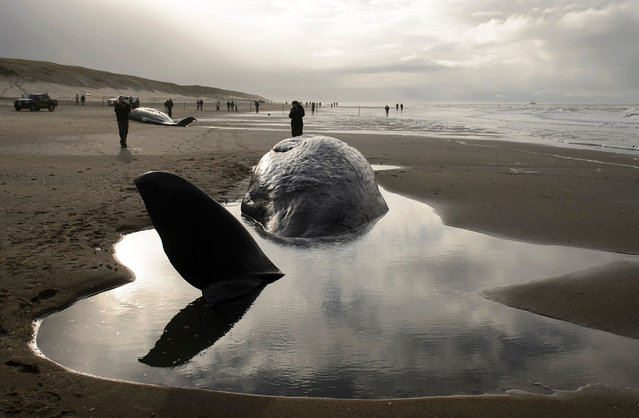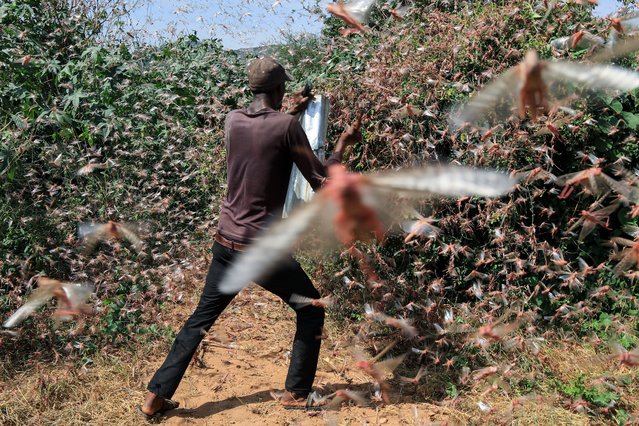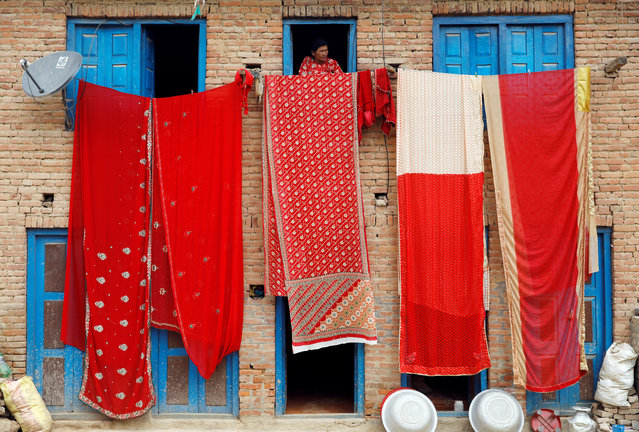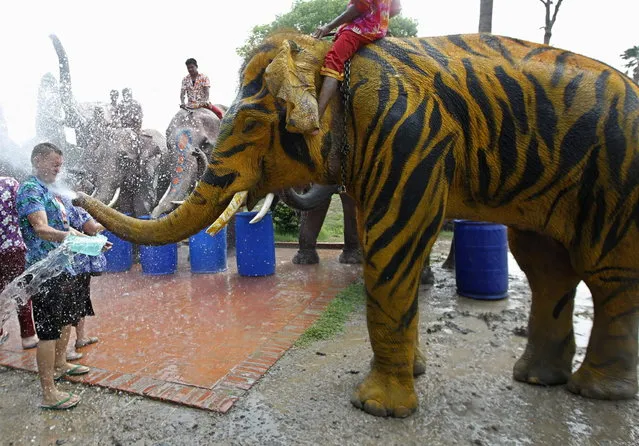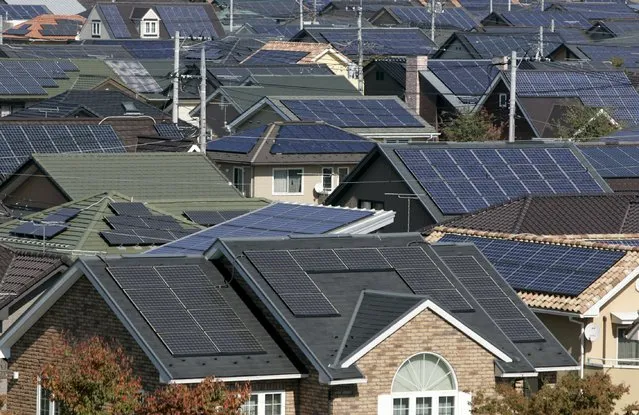
Korean People's Army (KPA) soldiers march during a mass rally on Kim Il Sung square in Pyongyang on September 9, 2018. Thousands of North Korean troops followed by artillery and tanks paraded through Pyongyang on September 9 as the nuclear-armed country celebrated its 70th birthday, but it refrained from displaying the intercontinental ballistic missiles that have seen it hit with sanctions. (Photo by Ed Jones/AFP Photo)
12 Sep 2018 00:05:00,post received
0 comments


